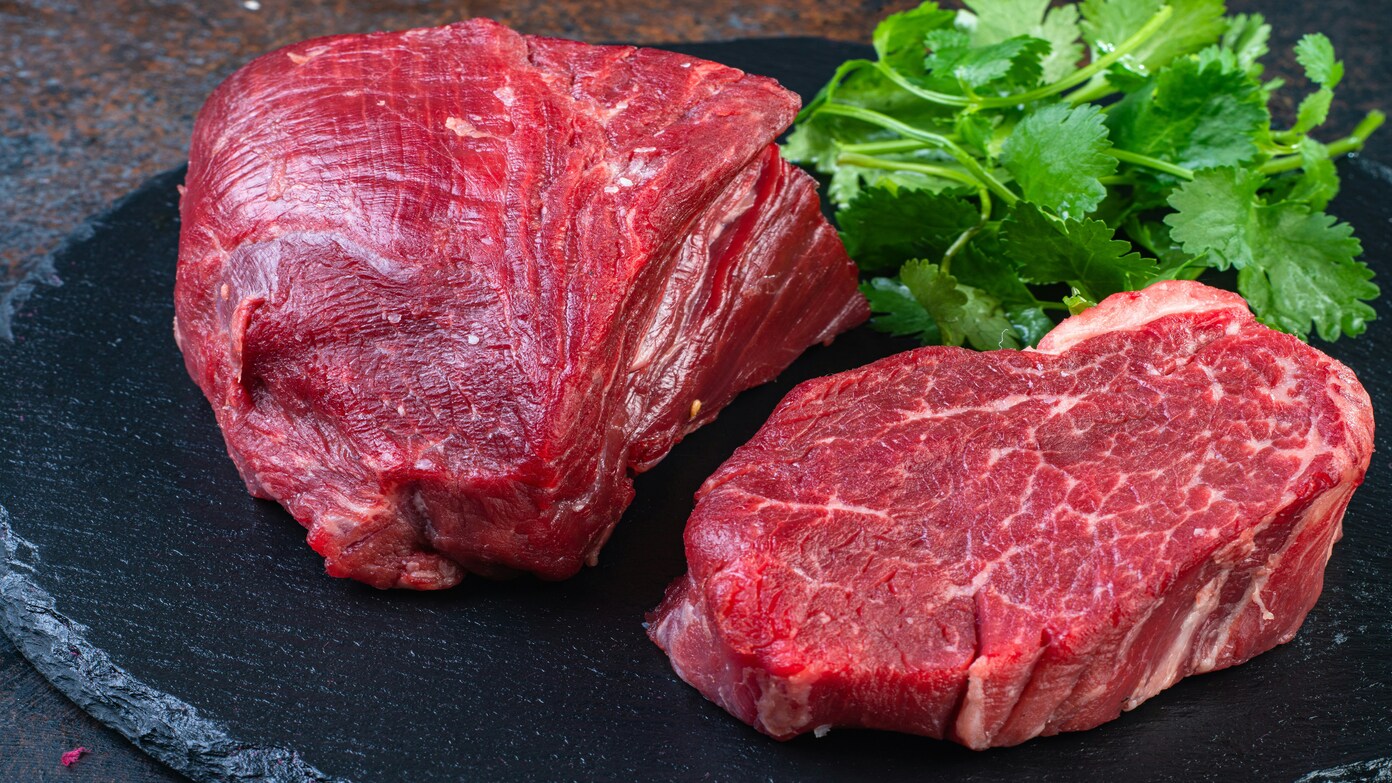Trump’s plan to cut high beef prices
President Donald Trump has announced that his administration may import beef from Argentina to help bring down high prices in U.S. grocery stores. Speaking to reporters aboard Air Force One on Sunday, Trump said, “We would buy some beef from Argentina. If we do that, that will bring our beef prices down.”
The idea comes as Americans continue to face rising food costs, especially for beef. Drought, pests, and other challenges have hurt cattle herds across the country, reducing supply and driving up prices.
Why it matters
Inflation — or the rising cost of living — has been one of Trump’s biggest challenges since returning to the White House in 2024. While gas and energy prices have dropped, beef prices have remained high. The President knows this issue could affect next year’s midterm elections, as many families continue to struggle with grocery bills.
The plan also links to U.S. relations with Argentina’s President Javier Milei, a close ally of Trump. The U.S. recently provided $20 billion in financial aid to help Argentina’s struggling economy. While the move may strengthen international ties, it has angered some American farmers, who feel the administration is helping foreign producers at their expense.
Read this later: REI will close three stores in 2026 – These are the locations that will soon be closing, with Boston and New York particularly affected.
Beef prices are still climbing
According to the U.S. Department of Labour, the price of beef and veal rose by 13.9% in the year leading up to August. Prices for uncooked beef steaks jumped even more — 16.6%.
Experts say a mix of problems causes this increase:
- Screwworm outbreaks, which harm cattle.
- Drought conditions, which make raising cattle harder.
- High tariffs on beef imports from countries like Brazil.
Because of these issues, many analysts believe beef prices will stay high for quite some time.
Read this later: Stellantis recalls nearly 300,000 Dodge vehicles due to rollover risk – Check out the model years affected by the nationwide recall.
Farmers push back
Not everyone supports Trump’s plan to import beef. The U.S. Cattlemen’s Association warned that buying beef from Argentina could hurt local ranchers.
“America’s ranchers have faced rising costs, drought, and market changes with great resilience,” the group said in a statement. “Today’s beef prices reflect these real challenges. Quick fixes like this can hurt our market and make it harder for independent producers to stay in business.”
The group’s president, Justin Tupper, added that when policymakers hint at market intervention, it can “shake confidence” and make it difficult for farmers to plan for the future.
Read this later: Ben’s Original rice withdrawn from the market with a national alert due to the possible presence of stones in the packaging – These are…
Experts say it might not help much
Food policy expert Sylvain Charlebois from Dalhousie University in Canada told Newsweek that importing beef from Argentina wouldn’t make a big difference for U.S. consumers.
“Argentina exports only about 20,000 tonnes of beef to the U.S. each year, while the U.S. produces over 12 million tonnes,” he explained. “Even if imports from Argentina doubled, it wouldn’t lower prices much at the grocery store.”
Political risks and reactions
The idea of buying more beef from Argentina also comes at a tricky political moment. Many American farmers — especially soybean growers — are unhappy that the U.S. is giving financial aid to Argentina, a major competitor in global agriculture.
Caleb Ragland, president of the American Soybean Association, wrote on X (formerly Twitter): “U.S. soybean prices are falling, and farmers are frustrated that instead of helping us, the government is giving billions to Argentina.”
Trump, however, defended his decision, saying Argentina is “fighting for its life” and that helping its economy benefits the U.S. in the long run. “I like the president of Argentina,” Trump said. “He’s trying to do his best. They’re fighting hard to survive.”
What happens next
Trump has not said how much beef the U.S. might import or when the plan could start. Meanwhile, Argentina is preparing for its midterm elections, and a deal with the U.S. could help President Milei gain support.
For now, American shoppers may not see beef prices drop right away. The situation shows how complex the food market has become — tied not just to weather and supply, but also to global politics and trade deals.
As the President continues to look for solutions, one thing is clear: Americans are eager for relief at the grocery store, and any plan that promises cheaper beef will draw both attention and debate.
Read this later: Kim Kardashian’s latest lingerie launch leaves fans stunned by a fuzzy new feature.

